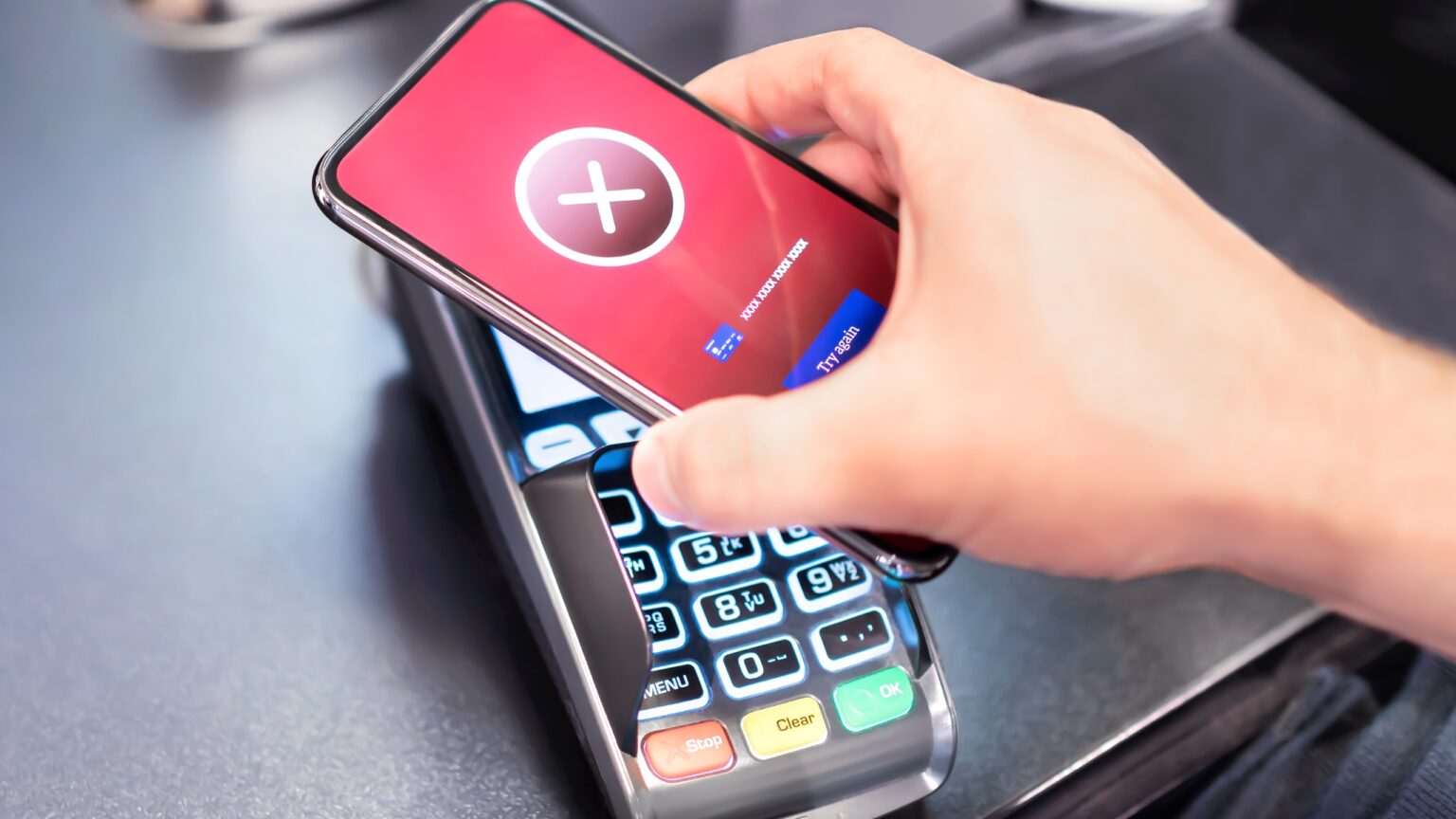PayPal’s new stablecoin, dubbed PayPal USD (PYUSD), is not so much a program to boost blockchain-based payment services as a marketing stunt designed to cash in on the cryptocurrency hype, according to some analysts.
The company launched its dollar-pegged stablecoin on August 7, becoming one of the first major fintech firms to adopt crypto for payments and transfers. PayPal USD is backed by US dollar deposits and short-term U.S. Treasuries. It will be issued by the crypto company Paxos Trust.
Not a true stablecoin
But there is a catch: PayPal’s partnership with Paxos did not commit to allowing the stablecoin to be used to pay for goods and services directly. Instead, the plan is to convert PayPal USD transactions to real dollars before settling with merchants, analysts say, as Quartz reported.
In that sense, PayPal USD, or PYUSD, is not a true stablecoin, but “a marketing gimmick,” the report said. It adds that “stablecoins aren’t widely used by merchants” – suggesting they are not yet a viable option for everyday payments.
PayPal’s stablecoin seems to be a way for the California-based payments giant to profit from the hype surrounding crypto assets, according to Todd Phillips, a former FDIC lawyer, now an assistant professor at Georgia State University.
“It looks like Paxos is issuing it and it’s just PayPal branding,” Phillips told Quartz.
The report hazards that PayPal USD may be prone to bank runs – akin to what happened with the USDC stablecoin in March, when it lost its dollar-peg following a huge sell-off by holders. This was after USDC parent Circle revealed it held $3.3 billion in the failed Silicon Valley Bank.
In the event PayPal’s stablecoin receives billions of dollars in deposits, analysts say it will not be able to insure all of those deposits up to $250,000 per customer, the amount covered by the U.S. Federal Deposit Insurance Corporation (FDIC) in traditional banks.
Phillips said PayPal’s “only risk in that scenario would be reputational.” Since Paxos is the company issuing the stablecoin, PayPal will not be responsible for the legal risk of its token being deemed a security by U.S. regulators in the future. Paxos carries the risk, he added.
What is PayPal USD?
Writing on X, formerly known as Twitter, Paxos described PayPal USD as “the first of its kind, representing the next phase of U.S. dollars on the blockchain.”
“This is not just a milestone moment for Paxos & PayPal, but for the entire financial industry,” the company claimed.
Paxos 🤝 PayPal
Thrilled to be partnering with @PayPal to bring PYUSD, the world’s safest dollar-backed digital asset, to hundreds of millions of consumers and merchants worldwide.
PYUSD is the first of its kind, representing the next phase of US dollars on the blockchain. This…
— Paxos (@Paxos) August 7, 2023
PayPal said the stablecoin will be made available to its customers in the U.S. gradually. According to Reuters, PYUSD can be redeemed for dollars at any time, and can also be used to buy and sell the other digital assets PayPal offers on its platform, including bitcoin.
Paxos is a holder of the BitLicense issued by the New York Department of Financial Services (NYDFS). The license reportedly “requires a rigorous approval process from the state.”
However, the NYDFS ordered Paxos to stop minting the BUSD stablecoin, likely due to the ongoing legal battle between the SEC and Binance exchange, issuer of BUSD.
“This suggests that Paxos may not be doing the due diligence on its partners it should,” said Francine McKenna, a former accounting lecturer at the University of Pennsylvania’s Wharton School, as per the Quartz report.
Also read: Lightning Labs Enables Bitcoin Payments for AI Like ChatGPT
Meanwhile, the U.S. central bank, the Federal Reserve, said on Aug. 8 that state banks should “obtain a written supervisory nonobjection before issuing, holding or transacting in dollar tokens used to facilitate payments” like stablecoins.
The Fed also revealed it will tighten supervision on the activities of banks that are involved in crypto, blockchain and tech-based nonbank partnerships. The announcement is seen as a reaction to the PayPal and Paxos stablecoin collaboration.
PayPal’s stablecoin impact in Africa
For cryptocurrency users in Africa, where PayPal is used by millions of people, PYUSD is a blessing in disguise, according to Nathaniel Luz, CEO of Africa-focussed crypto platform Flincap. It will help make cross-border payments and transfers much easier, he says.
“While the PayPal stablecoin might pose as no more than branding to the West, the stablecoin opens a new door for people in Africa,” Luz told MetaNews.
“With the stablecoin, Africans who had limited use of PayPal can enjoy greater access to the platform. For Nigerians, who could only send money through PayPal and not receive money, this intervention means … a stress-free, secure conversion flow for those doing business with the outside world.”









 and then
and then